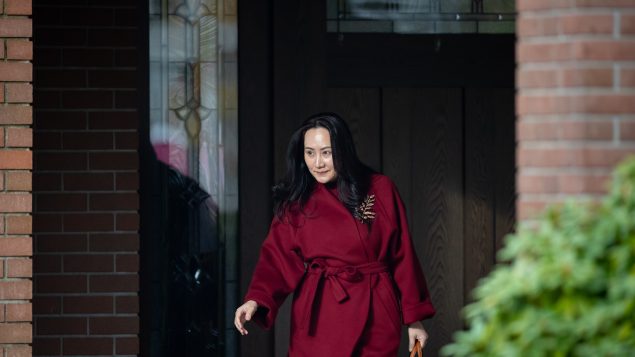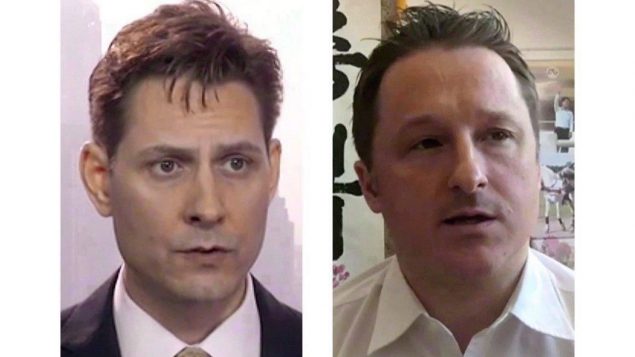Canada has created a coalition of 58 countries plus the EU to denounce the arbitrary detention of foreign nationals for political purposes. In announcing a new Declaration Against Arbitrary Detention in State-to-State Relations, Canada’s Global Affairs Minister Marc Garneau refused to link the effort to China’s detention of Canadians Michael Spavor and Michael Kovrig since December 2018.
The two men were arrested shortly after Canada arrested Huawei executive Meng Wanzhou at the request of the United States, in what is widely seen as a retaliatory move by China’s government. Canada and several allies have previously denounced national security charges against Kovrig and Spavor and have called for their release. The U.S. wants to try Meng for bank fraud. She is currently contesting her extradition to the U.S. in a lengthy process before a Canadian court. Meanwhile, she lives in one of her two mansions in the western Canadian city of Vancouver. The two Michaels continue to be detained in China under harsh conditions.

Huawei executive Meng Wanzhou leaves her home in Vancouver On November 17, 2020 to attend a court hearing on her extradition to the U.S. China is furious that Canada will not release her. (Darryl Dyck/The Canadian Press)
Declaration has no teeth
For a year, Canada has worked to rally international support for its efforts to pressure China to release the two men. While this new Declaration Against Arbitrary Detention in State-to-State Relations may increase international pressure on China, it has no power of enforcement. Garneau said the declaration is a first step and that Canada will seek to take it further, perhaps leading to more concrete action by the United Nations or the G7. He will also seek to recruit more countries to sign on to end the practice of arbitrary detention.
China imposed trade sanctions on Canada that are seen as retaliation for its refusal to let Meng leave the country. Canada has repeatedly insisted that its judicial process is independent and that government cannot interfere in the legal case for her extradition. At a news conference, Garneau refused to answer a question as to why Canada has not taken further action against China for the detention of the two Michaels. Canada could, for example, perhaps use the Magnitsky Act which provides sanctions against foreign nationals responsible for gross violations of internationally recognized human rights. Instead Garneau referred again to the importance of having countries come together to denounce what he called the immoral and illegal practice of arbitrary detention.
“Today, a quarter of all countries, from all continents, come together to tell those who are being arbitrarily detained for diplomatic gain that they are not alone. We stand with them,” said Garneau in a statement. “This illegal and immoral practice puts citizens of all countries at risk and it undermines the rule of law. It is unacceptable and it must stop. The number of countries that have endorsed the declaration is a testament to the global importance of this initiative.”
Garneau likened this long-term initiative to Canada’s campaign to ban landmines. Years of international lobbying culminated in the signature of the Anti-Personnel Mine Ban Treaty in Canada’s capital, Ottawa in 1997.







For reasons beyond our control, and for an undetermined period of time, our comment section is now closed. However, our social networks remain open to your contributions.